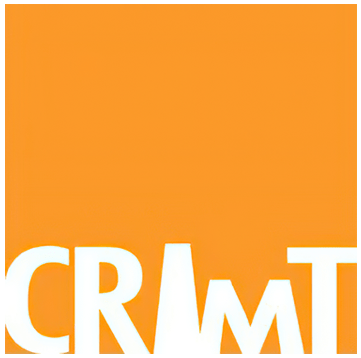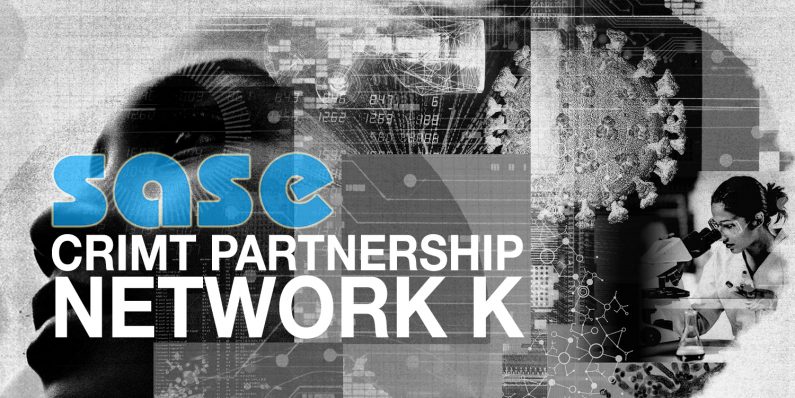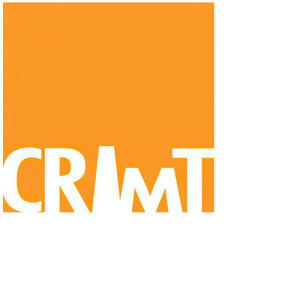SASE Network K – Institutional Experimentation in the Regulation of Work and Employment
Network K continues its work at this year’s annual SASE meeting (online conference, 2-5 July 2021).
The opportunity to submit a paper or workshop proposal is fast drawing to a close (the deadline for submissions is 15 February 2021, with a few days’ margin for late proposals – we’ll ensure that the window stays open!).
We are especially interested in clustering cases of experimentation – to document, compare, contrast and build our understanding of the processes of experimentation under way and the strategies of actors engaged in this experimentation. Cases of experimentation that focus on achieving better work beyond the Covid-19 pandemic are particularly welcome. We are also interested in theoretical papers dealing with experimentation and re-regulation of work and employment, in papers dealing with new actor repertoires, with cases of regulation and re-regulation, and with papers and sessions that are likely to dialogue with these themes. We are especially keen to welcome papers and sessions that bring a lens of gender, race and intersectionality into our understanding of experimentation and re-regulation.
Please find full details at the bottom of this message on how to submit (via the SASE website). By way of reminder, you also need to be a member of SASE to participate in the conference.
To date, Network K has had tremendous meetings in Lyon, Berkeley, Kyoto, New York and, because of the pandemic, online in 2020. Due to the uncertainty surrounding the Covid-19 epidemic, the SASE executive decided to continue this year with an online conference.
The SASE Network K Coordinators on Institutional Experimentation in the Regulation of Work and Employment : Phil Almond, Peter Fairbrother, Isabelle Ferreras, Maria Gonzalez, Francine Jacques, Christian Lévesque, Gregor Murray, Nicolas Roby
SASE Network K: This network focuses on making work better through actor experimentation with institutions to regulate work. Major fault lines of change are affecting how people experience work, participate in their communities and live their lives. Digital transformations, changes in the role of the state, the unbundling of firms, the growth of global production networks, transitions to sustainable development, and shifts in identity, solidarity and values are all transforming work. Institutions for the regulation of work seem out of synch with people’s experience. Whereas there is an aspiration for productive, innovative, healthy and inclusive work, in which individuals live free from excessive insecurity, exercise control over their working lives, and contribute to their workplace and society – what can be labelled better work in the broadest sense – a different picture of fragmented work and disjointed communities emerges from current changes. Yet, these changes also open up space for experimentation. At many levels, in different national, institutional and organizational contexts, and in conditions of uncertainty, collective actors (firms, governments, trade unions, NGOs, community organizations) seek to engage in institutional experimentation to shape their work, economies and communities. This network welcomes research that contributes to our understanding of these processes.



